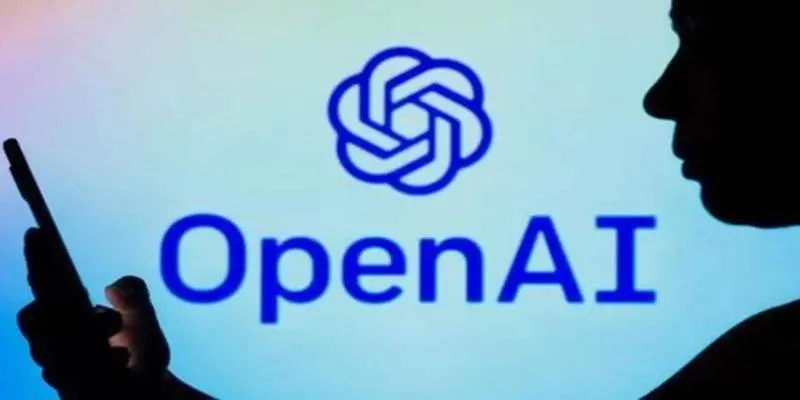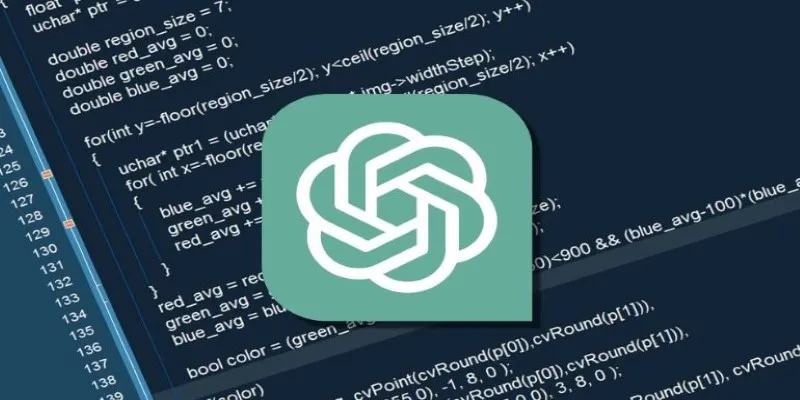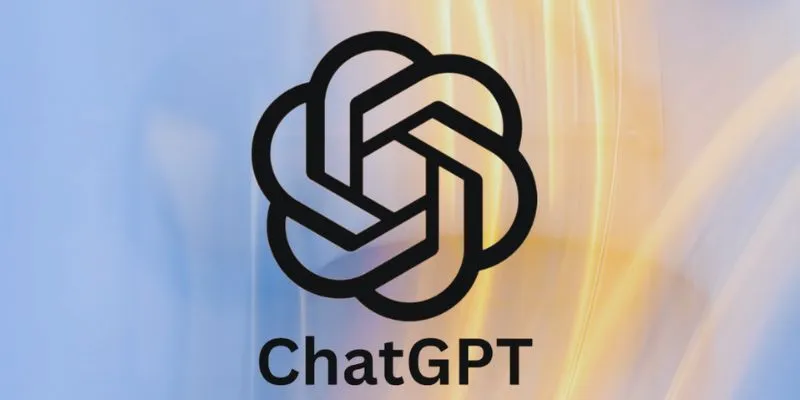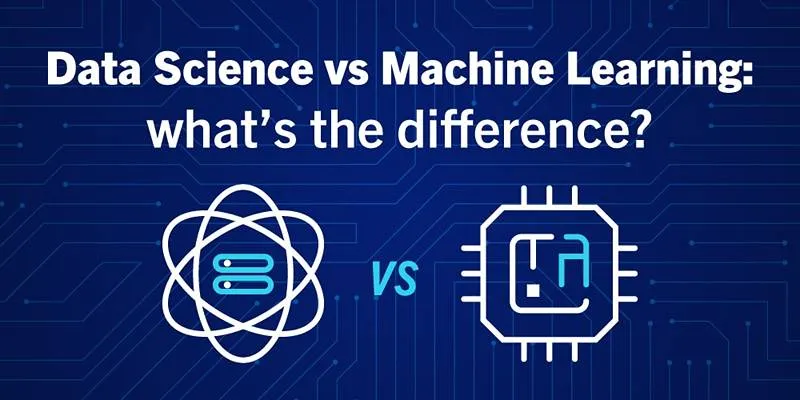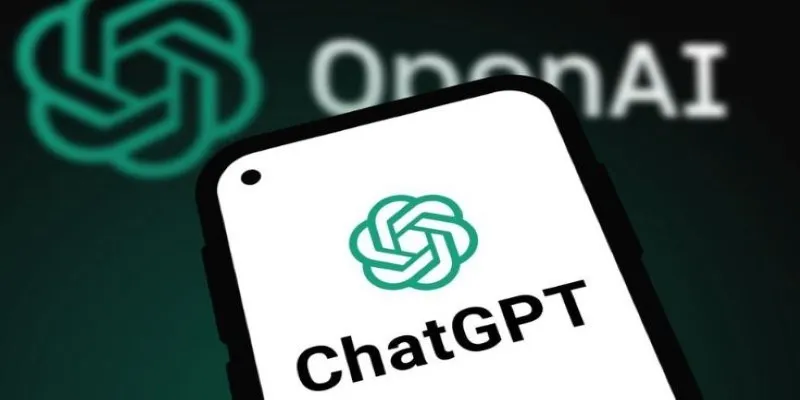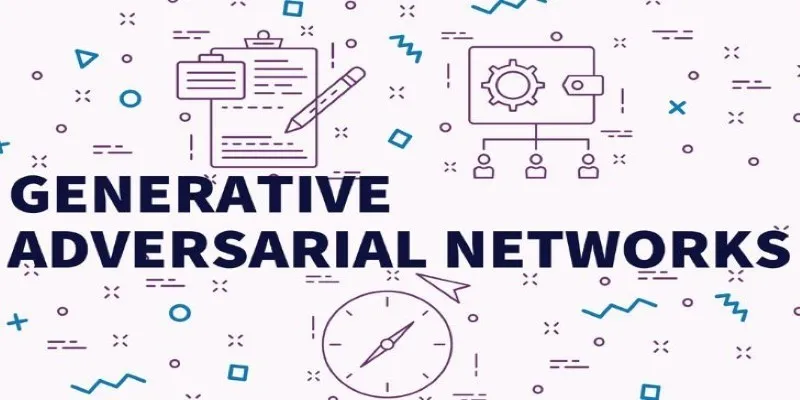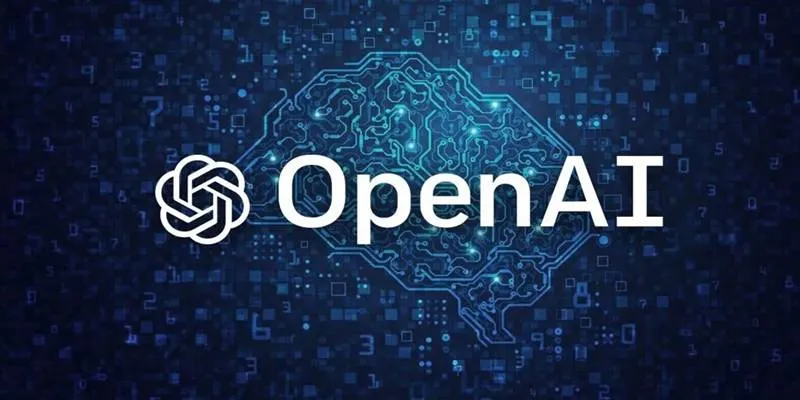Artificial intelligence has evolved from a mere experimental concept to an essential part of everyday life. AI powers search engines, facilitates intelligent chat conversations, and is now becoming deeply integrated into our communication, research, and work processes. OpenAI is at the forefront of this evolution, introducing Operator, a groundbreaking autonomous agent designed to act on users’ behalf—not just provide information.
Launched in early 2025 as a Pro-tier feature within ChatGPT, Operator marks a significant shift in AI from reactive assistance to proactive task execution. While traditional AI chatbots wait for instructions and offer answers or suggestions, Operator ushers in a new era where AI actively performs tasks for you.
What Makes Operator a Game-Changer in Everyday AI Tasks
Operator is an AI agent developed by OpenAI to perform real-world tasks autonomously across the web. Unlike traditional AI that merely responds with information or generates text, Operator can open a browser, navigate websites, fill out forms, and complete complex online workflows. This functionality positions it as a “doer” rather than just a digital assistant.
This new agent isn’t just for answering queries like traditional ChatGPT—it can be instructed to complete entire tasks based on brief prompts. For example, rather than asking, “How can I make a restaurant reservation?”, a user can now say, “Book a table for two at an Italian restaurant downtown this Saturday at 7 PM,” and Operator will begin executing that task directly.
By combining OpenAI’s powerful language model capabilities with autonomous task execution, Operator sets the stage for what AI agents can truly become: hands-on helpers in digital environments.
How Does Operator Work?

Operator leverages the same core GPT model architecture behind ChatGPT, adding a significant new layer of functionality: a simulated browser environment. This allows the AI to view a web interface, interact with elements on the screen, and mimic the actions of a human using a keyboard and mouse.
When a task is assigned, Operator interprets the instruction and opens a virtual browser to perform the task. It “reads” content visually through screenshots and understands what’s on the screen in real-time. From there, it can take logical actions—like scrolling, clicking, typing, or selecting options in forms.
For instance, if a user instructs Operator to find and purchase a book, the agent will:
- Search for the book online.
- Open a listing from a trusted online retailer.
- Add the book to a shopping cart.
- Navigate to checkout (though final purchase confirmation remains in the user’s hands).
Operator doesn’t rely on APIs or third-party integrations to access websites. It operates within the same browser environment that any human would, allowing it to navigate a wide range of websites without needing special access or customized support.
Why Is Operator a Breakthrough?
Operator is a compelling evolution in AI due to its ability to act independently , completing multi-step tasks that previously required the user’s constant attention. While older versions of ChatGPT could assist with explanations or generate content to paste elsewhere, they couldn’t carry out tasks. Operator changes that.
This transformation is about more than convenience—it signifies a broader shift in how AI can directly handle digital workloads. For instance:
- Users no longer need to switch between tabs and copy-paste answers from ChatGPT.
- Operator can transition from query to action in a single flow.
- The AI can adjust mid-task, adapting based on the webpage’s layout and user instructions.
- It completes tasks more efficiently by eliminating unnecessary steps.
Operator is not only useful for personal tasks but also serves as a promising assistant for busy professionals, entrepreneurs, and digital workers seeking to streamline repetitive online chores.
Custom Instructions and Multitasking
Operator allows users to provide custom instructions, guiding its behavior during a task. For example, users can specify:
- Budget limits
- Product preferences (e.g., “only vegan options”)
- Brand restrictions
- Scheduling windows
These additional inputs help shape how Operator approaches a task, ensuring outcomes align with user expectations.
Another standout feature is Operator’s ability to handle multiple tasks simultaneously. It can book a flight while searching for nearby hotel deals or place a grocery order while filling out a form—all within a managed task queue. This multitasking capability is particularly valuable for professionals and busy users who often juggle numerous responsibilities.
Who Can Use Operator and How?
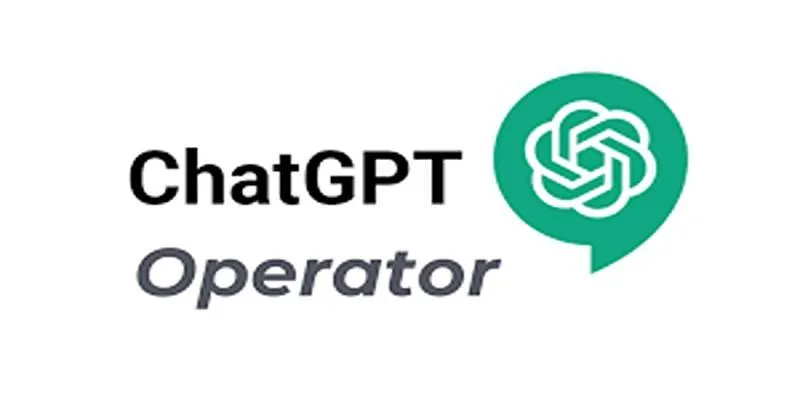
Currently, Operator is available exclusively to ChatGPT Pro subscribers as part of a research preview. This Pro tier, introduced in late 2024, costs $200 per month and targets early adopters and professionals who rely heavily on AI- powered tools.
Once the Pro plan is active, users can access Operator within the ChatGPT interface. Assigning a task is as simple as typing a natural language prompt. The AI will acknowledge the task, open a browser window within the platform, and start working.
Importantly, Operator is designed to work collaboratively. If it encounters a barrier—such as a CAPTCHA, login screen, or sensitive input like payment information—it returns control to the user. This approach balances autonomy with user oversight, keeping the process safe and reliable. OpenAI has announced plans to expand Operator access to other ChatGPT tiers in the future, including Plus, Team, and Enterprise users. A wider rollout is expected later in 2025.
Conclusion
OpenAI’s new Operator AI agent is more than an add-on—it’s a defining moment in the evolution of artificial intelligence. By allowing users to delegate digital tasks, Operator moves AI beyond conversation and into the realm of actionable autonomy.
It represents a shift in how people use ChatGPT—from a question-and-answer machine to a capable assistant that takes initiative. While access is currently limited to Pro users, the future of AI looks increasingly interactive and task-oriented.
 zfn9
zfn9



